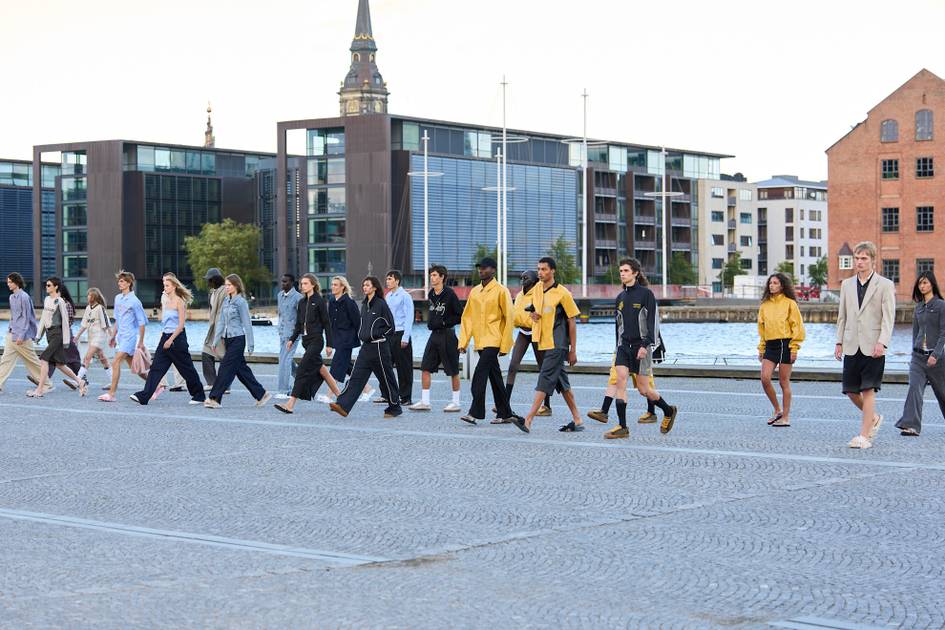Copenhagen Fashion Week: Danish Regulator Confirms No Greenwashing Claims

## Complaint Filed Against Copenhagen Fashion Week
In February 2025, Tanja Gotthardsen, a specialist in tackling greenwashing, and the Danish consumer organization Tænk lodged a formal complaint with the Danish Consumer Ombudsman. Their object of concern was Copenhagen Fashion Week (CPHFW) along with seven Danish fashion labels: Baum und Pferdgarten, Berner Kühl, Forza Collective, Herskind, OpéraSport, Stine Goya, and Won Hundred.
### Focus of the Complaint
The complaint highlighted what the two parties deemed insufficient ‘sustainability requirements’ that CPHFW has mandated for its official participants since 2023. Gotthardsen and Tænk argued that these guidelines could mislead consumers. They cited instances where terms like “eco-friendly” appear without proper backing and where synthetic materials are marketed as ‘green’, which they claim lacks substantive meaning.
### Ombudsman’s Decision
A local consumer authority responsible for upholding Danish consumer regulations has reviewed the complaint but deemed it inadequate for any legal proceedings. Consequently, no case will be pursued.
### CPHFW’s Response
Copenhagen Fashion Week expressed satisfaction with this conclusion. Director Cecilie Thorsmark emphasized on LinkedIn that the sustainability guidelines are meant to serve as recommendations rather than guarantees of sustainability for the brands involved.
### Ongoing Concerns
Despite the Ombudsman’s decision, Gotthardsen remains vocal about the issues raised. She indicated on her LinkedIn that CPHFW has neither been exonerated nor confirmed to be free from accusations of greenwashing. The complainants assert that both CPHFW and Dansk Mode & Textil are misrepresenting the outcome of the case.
### Important Insights from the Ombudsman
The Consumer Ombudsman noted that CPHFW should pay closer heed to the realities of greenwashing as per the Danish Marketing Practices Act. This is particularly crucial since CPHFW describes participating brands as “sustainable fashion brands” on its website. The mechanism for monitoring misleading marketing towards business relationships also requires enhancement. The Ombudsman pointed out the potential for creating false impressions regarding the sustainability of brands during the fashion week.
### Positive Changes in the Industry
On a positive note, Gotthardsen observed that the accused fashion labels have started to update their websites and communications. This shift follows both the complaint and the advisories put forth by the Consumer Ombudsman.
### The Bigger Picture
This emerging controversy indicates that transparency and the verification of sustainability claims are vital issues in the fashion sector. Even in the absence of formal Green Claims legislation, greenwashing will continue to be a focal issue.
What are your thoughts on the implications of this case for the fashion industry’s commitment to sustainability?





